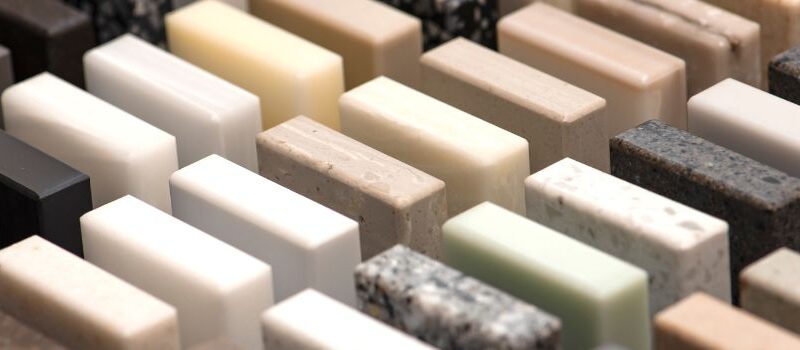In response to rising cases of silicosis amongst engineered stone workers in Australia, Commonwealth, State and Territory Work Health & Safety (WHS) Ministers have unanimously accepted Safe Work Australia’s recommendation for a national ban on engineered stone.
The ban will prohibit the use, supply and manufacture of all engineered stone, and is set to commence in most States and Territories, including Queensland, on 1 July 2024.
When engineered stone is cut, drilled into or ground, dust containing up to 95% respirable crystalline silica (RCS) is created, exposing workers to an increased risk of developing silicosis, lung cancer, or lung scarring. Since 2011, there have been strict laws in place regulating the exposure of workers and others to RCS. However, in October 2023, following claims of widespread noncompliance with these laws, SafeWork Australia published a Decision Regulation Impact Statement recommending the ban of all engineered stone, irrespective of crystalline silica content.
In the wake of this recommendation, and in anticipation of prohibition, Bunnings and Ikea publicly resolved to stop the sale of engineered stone products by the end of 2023.
In a statement released on 13 December 2023, WHS Ministers confirmed that in light of the recommendation of Safe Work Australia, a national prohibition of engineered stone would be introduced in 2024. The Ministers noted that this decision was based on the disproportionate rate of silicosis and silica-related disease diagnoses amongst engineered stone workers, the lack of scientific evidence to support a ‘safe threshold of crystalline silica content’ in engineered stone, and the lack of compliance with current WHS laws across industry at all levels.
From 1 July 2024, the use of all engineered stone will be banned subject to the following exceptions:
- removal, repair, minor modifications, and disposal of engineered stone products installed prior to 1 July 2024 will be allowed (subject to new safety requirements to be determined in March 2024); and,
- appropriate exceptions for engineered stone products with trace levels of crystalline silica (under 1%).
It is anticipated that the ban will also accommodate exclusions for: concrete and cement products; bricks, pavers and other similar blocks; porcelain products; ceramic wall and floor tiles; grout, mortar and render; and plasterboard.
WHS Ministers have acknowledged that a transition period for contracts entered into on or before 13 December 2023 is required, but the specific arrangements are not due to be settled by the Ministers until their next meeting in March 2024.
If you have engineered stone installed at your property with no plans for future work, this ban is unlikely to impact you. However, it is critical that legal advice is obtained for any business or individual who:
- commercially works with engineered stone;
- is a party to a contract involving engineered stone, including its supply; or
- plans to undertake work on engineered stone installed on their property.
Please contact our Construction Team for guidance on any matters relating to the engineered stone ban.
For further information please contact Harrison Humphries


 Why your Uni or Gap Year child needs a Will and EPOA.
Why your Uni or Gap Year child needs a Will and EPOA.